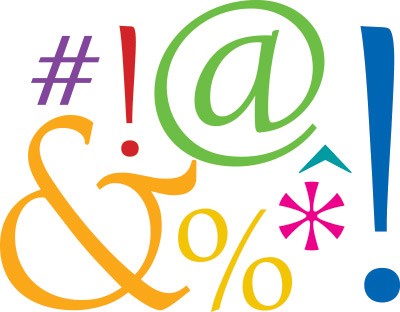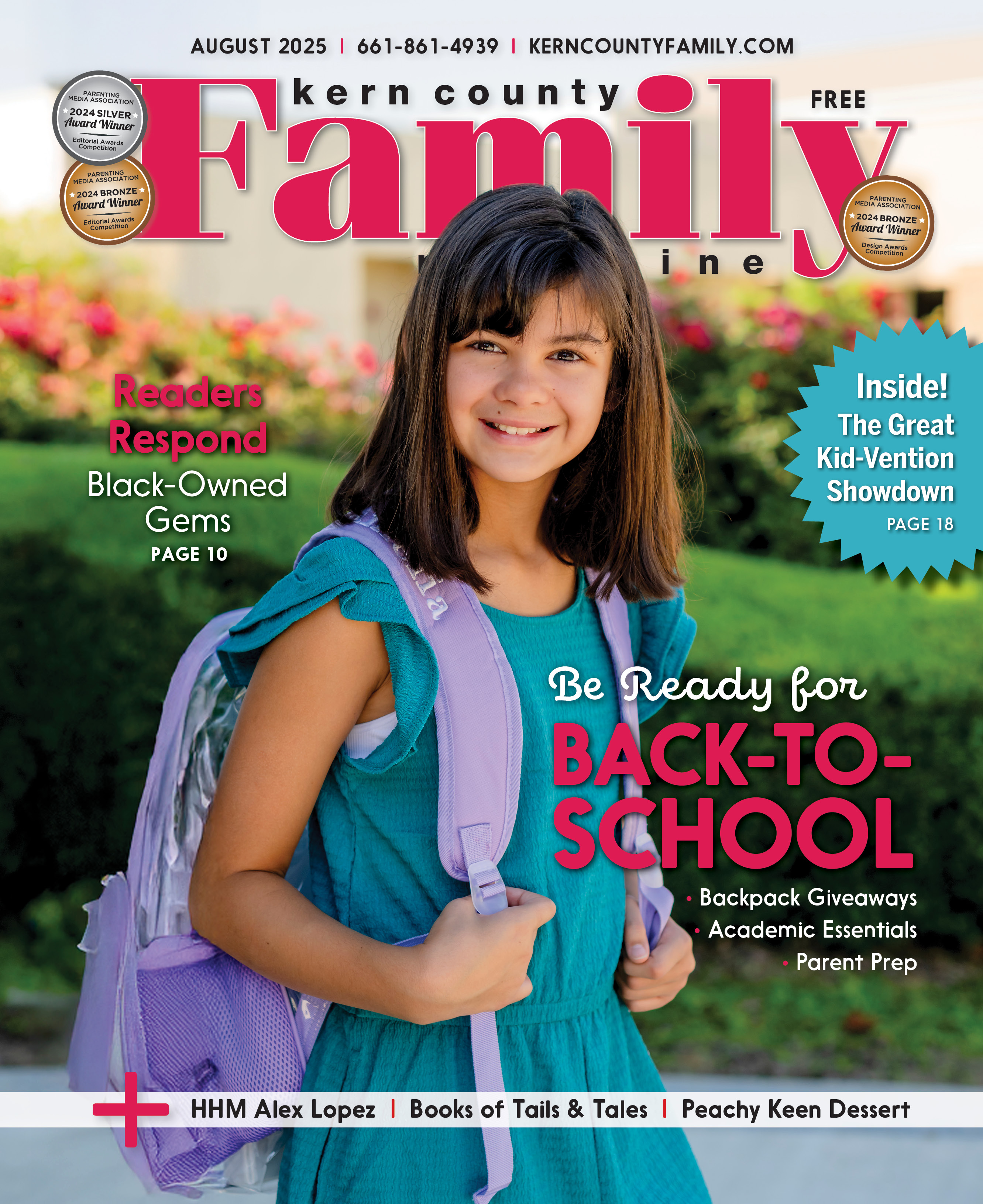May 01, 2013

From first steps to first cars, childhood milestones are causes for celebration. Except one: a child’s first four-letter word. This unwelcome utterance usually takes place in church, at the grocery store, or the in-law’s house—at top volume, of course. Short of shunning all social gatherings, can parents avoid these cringe-worthy scenarios?
If your child has picked up a few choice words, take heart. According to Leslie Petruk, MA, licensed counselor and director of Stepping Stones Counseling and Consulting in Charlotte, North Carolina, parents have loads of influence over children’s language. The right response to swearing can clean up bad language—or help prevent cursing in the first place.
Toddler & Preschool Years 2-5 Curse cues
When toddlers and preschoolers experiment with swear words, it’s the parent’s reaction that determines whether those words become favorites. The key is remaining neutral and responding in a calm, matter-of-fact manner, says Petruk. “If a parent has a strong emotional reaction to a curse word, the child immediately realizes that this is a ‘high power’ word and will likely continue using it.”
After a bout with bad language, calmly inform the child that the chosen word isn’t acceptable, and that choosing to continue using the word will result in a lost privilege. Petruk recommends employing the same technique, whether kids use a mildly naughty phrase (commonly known as “potty talk”) or drop a bonafide four-letter gem. Whatever the offending word, calmly reinforcing the boundary helps forbidden words fade away, fast.
Elementary Years 6-11 Peer fears
For older kids, cursing is all about fitting in. School-age kids are keenly aware of social cues, and some see “grown-up” language as the ticket to a cooler image. “Many children do it to fit in with their peers and appear cooler and edgier than they are,” says certified parent educator and coach Meghan Leahy. “It is about belonging, and swearing is a fairly safe way to do that.” But knowing why kids curse doesn’t make the problem any less vexing for parents.
School-age children are old enough for an open conversation about personal language choices. Help kids think about the words they use with questions like: Do you think it sounds cool when your friends use bad language? What do you think is cool about it? How do you think others view you if you used that kind of language? Avoid a profanity power struggle by emphasizing that kids have choices about which language to use and enforcing consistent consequences for poor decisions.
Tween * Teen Years 12-18 Media mayhem
Peers, movies, music, and increasing independence expose adolescents to a plethora of profanity. Many tweens and teens try peppering their own language with these words and phrases—but parents can deflect the influx of nastiness with a strong parent-child bond. “It’s all about staying connected to your child and having conversations with them that are non-judgmental and non-punitive,” says Petruk.
Parents can help clean up teen language by encouraging self-reflection: ask a teen whether using swear words shows self-respect, whether they are swearing to gain acceptance or feel included, and how they think the language is impacting their reputation. “Having an intelligent conversation with you around the issue is more likely to have the impact you want,” notes Petruk. And asking empathetic questions is more effective than lecturing or doling out harsh punishments—two tactics that make teens more likely to use bad words as soon as they’re out of earshot.
Malia Jacobson is a nationally published health and parenting journalist and mom.








